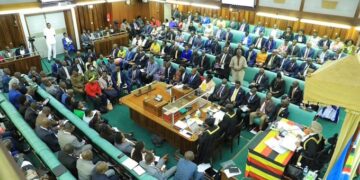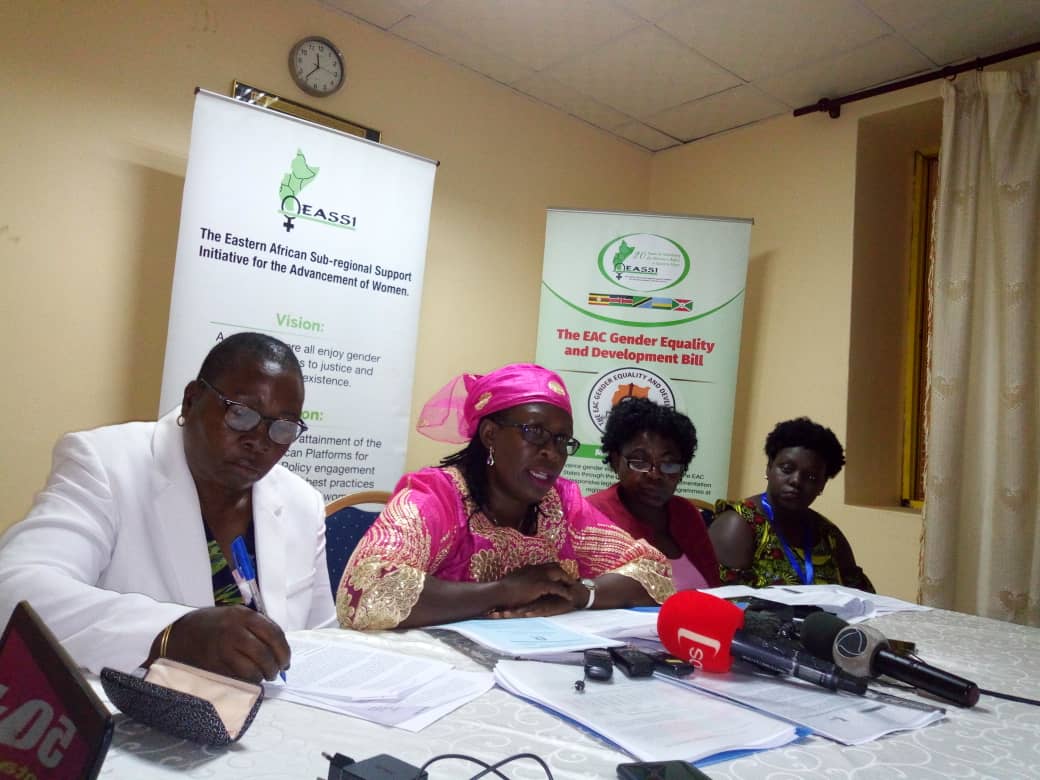By Solomon Lubambula
As Uganda prepares for the transition of electricity distribution from Umeme to the Uganda Electricity Distribution Company Limited (UEDCL) at the end of March, questions about the financial and operational readiness of the new contractor have taken center stage.
The government is still working on finalizing the buyout amount for Umeme, with Energy Minister Ruth Nankabirwa stating that the exact figure will only be available later this month after a thorough audit by the Auditor General.
During a parliamentary session, Herbert Ariko, Chairperson of the Parliamentary Committee on Natural Resources, raised concerns about the varying buyout figures reported by different government departments. The Electricity Regulatory Authority (ERA), the Auditor General, external consultants, and a loan proposal each presented different estimates, creating confusion and raising fears of financial losses.
Ariko stressed the need for clarity, citing parliamentary rules that require the Committee on National Economy to approve loan amounts only after consulting with sector-specific committees.
John Bosco Ikojo, chairperson of the National Economy Committee, echoed these concerns, warning that since the Auditor General’s final report is expected later this month, it might be too late to influence key financial decisions.
In response, Minister Nankabirwa reassured lawmakers that because Umeme is still operational and making final investments in the energy sector, the buyout figure cannot be determined yet. She explained that the transition period requires continued financial commitments, and the current figures are only estimates.
“No one can give you a vivid figure now. We are talking in terms of estimates. Although Umeme’s concession ends on March 30 and UEDCL takes over on April 1, Umeme must continue bearing some necessary costs until the very end,” Nankabirwa stated.
Beyond the issue of Umeme’s buyout, lawmakers also raised concerns about whether UEDCL has the necessary financial resources to sustain electricity distribution services. Unlike Umeme, which operated on a private-sector model, UEDCL will depend on government funding, raising questions about its efficiency and ability to respond to service demands.
Minister Nankabirwa revealed that UEDCL has not yet received full funding, which had been projected at $70 million per year for five years. The Ministry of Energy initially requested $70 million annually to ensure UEDCL functions at the same level as Umeme, but funding has not yet materialized.
“In Parliament, we have a request for $50 million for UEDCL. This money was requested three to four years ago. We anticipated this need and presented a request to the Cabinet, but to date, UEDCL has not received any funds,” she explained.
Nankabirwa emphasized the urgency of securing funding, stating that UEDCL needs well-stocked warehouses with essential materials to maintain service quality. She pointed out that under Umeme, stores were always well-stocked to allow quick responses to customer needs, and the same must be ensured for UEDCL.
To address the funding gap for both Umeme’s buyout and UEDCL’s operational budget, Nankabirwa said she would consult the Minister of Finance to include the necessary funds in the National Budget. She reassured Parliament and the public that a financial solution would be found despite the time constraints, adding that “Africans are good at operating in crisis situations.”
Another major issue discussed was the fate of Umeme employees after UEDCL takes over. Nankabirwa clarified that all interested Umeme staff were invited to apply for positions at UEDCL and were subjected to interviews alongside UEDCL’s existing employees to ensure a fair recruitment process.
She emphasized that the restructuring aimed at both saving resources and reducing duplication of roles. Whether from Umeme or UEDCL, recruitment decisions would be made strictly on merit.
Regarding the employees who will be laid off, Nankabirwa stated that 191 staff members would receive counseling and be placed on a standby list. If UEDCL needs additional personnel in the future, these employees may be recalled.
Uganda’s transition from Umeme to UEDCL presents significant financial and operational challenges. The exact buyout figure for Umeme remains uncertain, raising concerns about transparency and financial accountability. Meanwhile, UEDCL faces funding shortages that could impact its ability to maintain efficient electricity distribution.
The Energy Ministry remains optimistic that these challenges will be addressed through government interventions and proper planning. However, with the transition deadline fast approaching, stakeholders remain cautious about the potential risks associated with the change in Uganda’s electricity distribution system.














